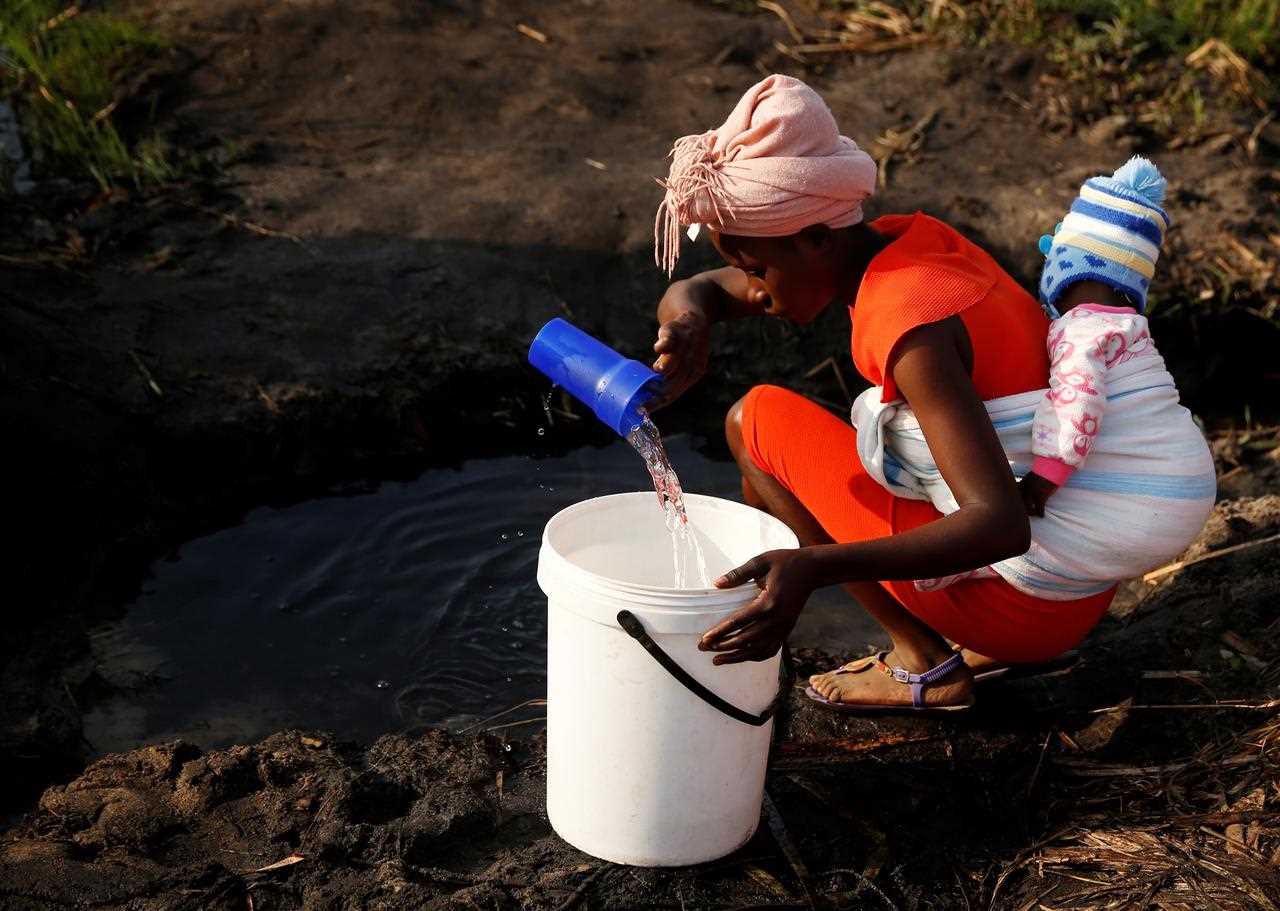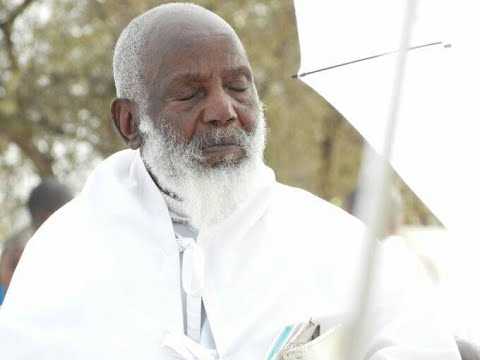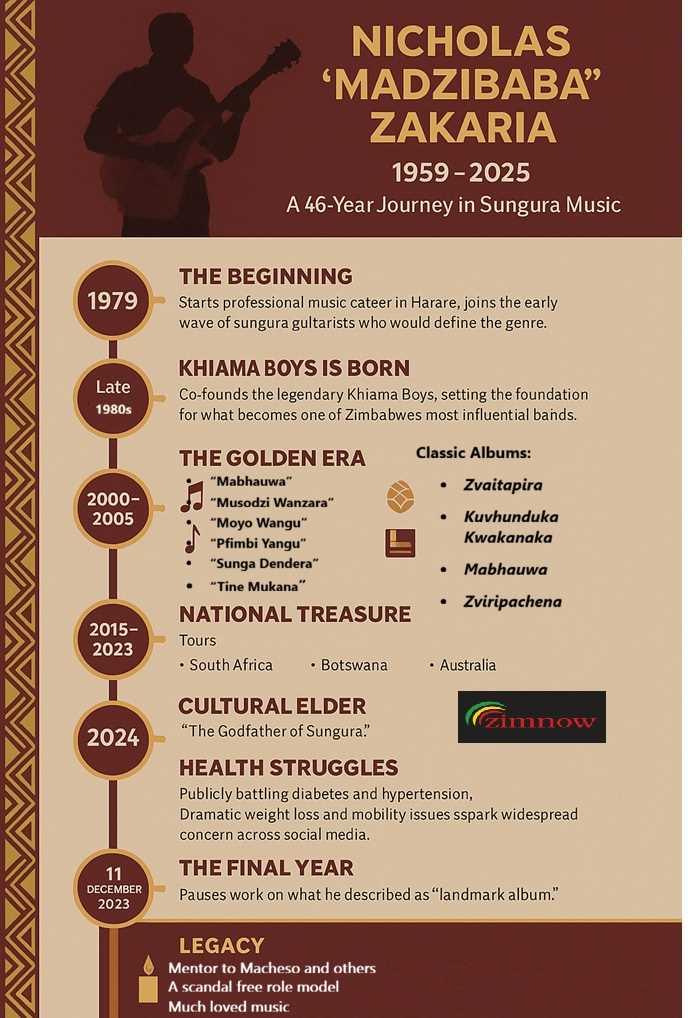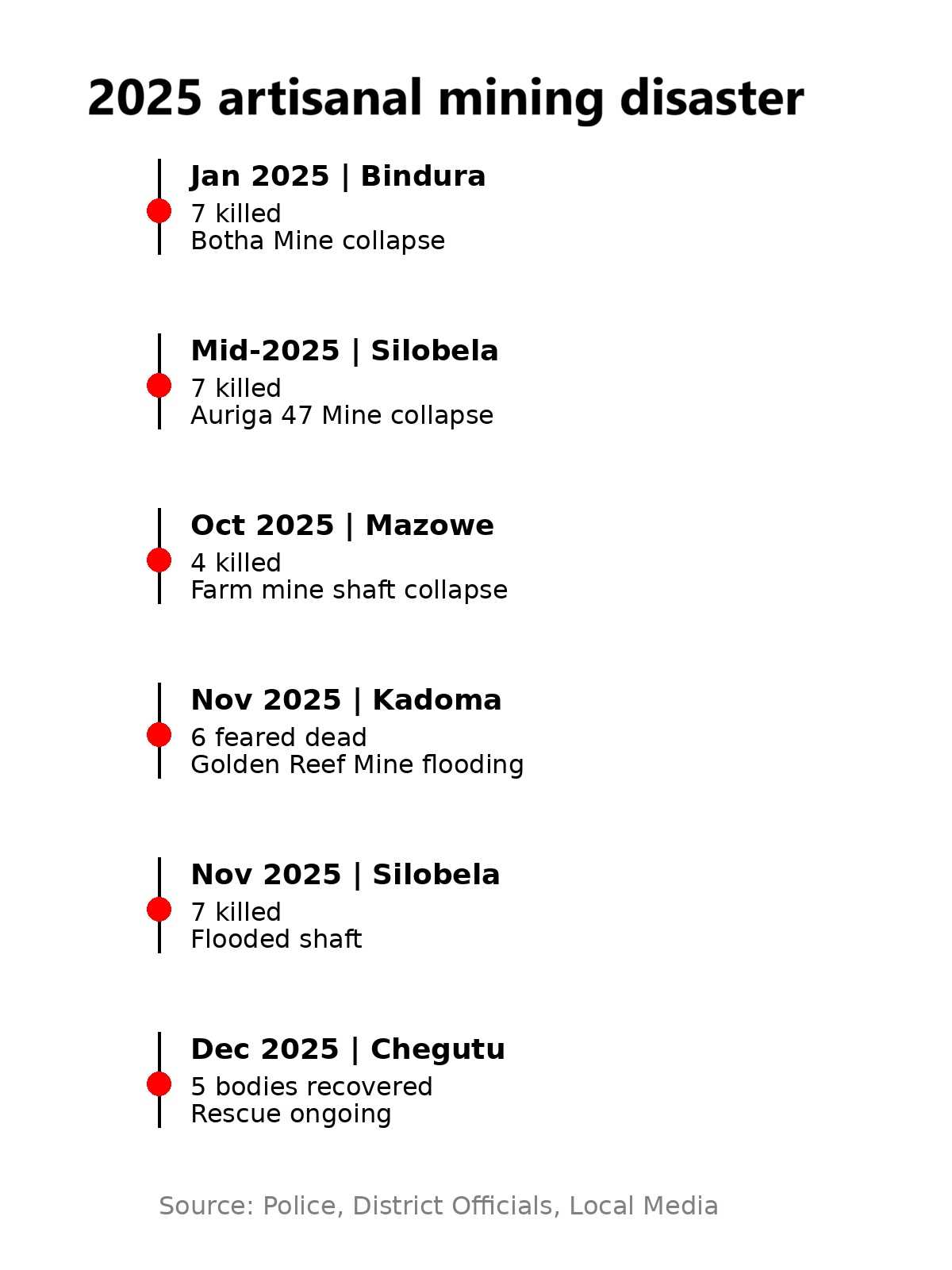
Zim Now Writer
Following the recording of two cases of cholera in Chegutu, about 100 kilometres from the capital Harare, and outbreaks in neighbouring countries of Malawi and Mozambique, there is anxiety among Zimbabweans that the country may experience another outbreak in the mould of 2008-9 and 2018-19.
Health experts have already warned authorities to urgently deal with factors that have led to fresh cholera outbreaks in the country.
This comes many urban areas, including Harare, Chitungwiza and Gweru, have been experiencing water and waste disposal challenges, forcing residents to rely on unsafe alternatives.
The obtaining heavy rains have heightened the chances of waterborne disease outbreaks.
Key cholera symptoms include diarrhoea and dehydration, while shock and seizures may occur in severe cases.
A Chegutu council official who preferred anonymity, said the current cholera cases in the town emanated from a company, where five employees complaining of similar symptoms after eating fish bought from a street vendor.
Health officials ran tests that confirmed the two cases.
Related Stories
“No deaths or new cases have been recorded so far,” the official said.
Director of Epidemiology and Disease Control in the Ministry of Health and Child Care, Rudo Chikodzere, urged members of the public to exercise caution to avoid cholera transmission.
“For prevention of cholera, people are advised to make sure they drink and use safe water and boil it at all times. Practise hygiene at all times, including washing hands before eating, after visiting the toilet and desist from eating unhygienic-prepared food. Use proper latrines or other sanitation systems and cook food well, and keep it covered and eat it hot,” she said.
Community Working Group on Health executive director, Itai Rusike said that the lack of clean water and unsafe disposal of waste have remained key challenges in urban areas and they might lead to more cholera cases.
He added that the situation continues to put urban populations at the risk of contracting cholera as people have gone for weeks or months without water.
“The country should seriously consider the cholera vaccination roll-out programme, especially to the hot-spot areas that are struggling to provide water and sanitation services. The cholera vaccine should remain a complementary measure, and not a replacement to water, sanitation and hygiene interventions,” Rusike said.
Zimbabwe has experienced several cholera outbreaks, recording 100 000 cases and around 4 000 deaths in 2008 to 2009, recording 100 000 cases and over 4 000 deaths while 10 000 cases and 69 deaths were recorded in 2018-19 across 21 cholera hotspot districts, with Harare emerging as the worst affected.




















Leave Comments